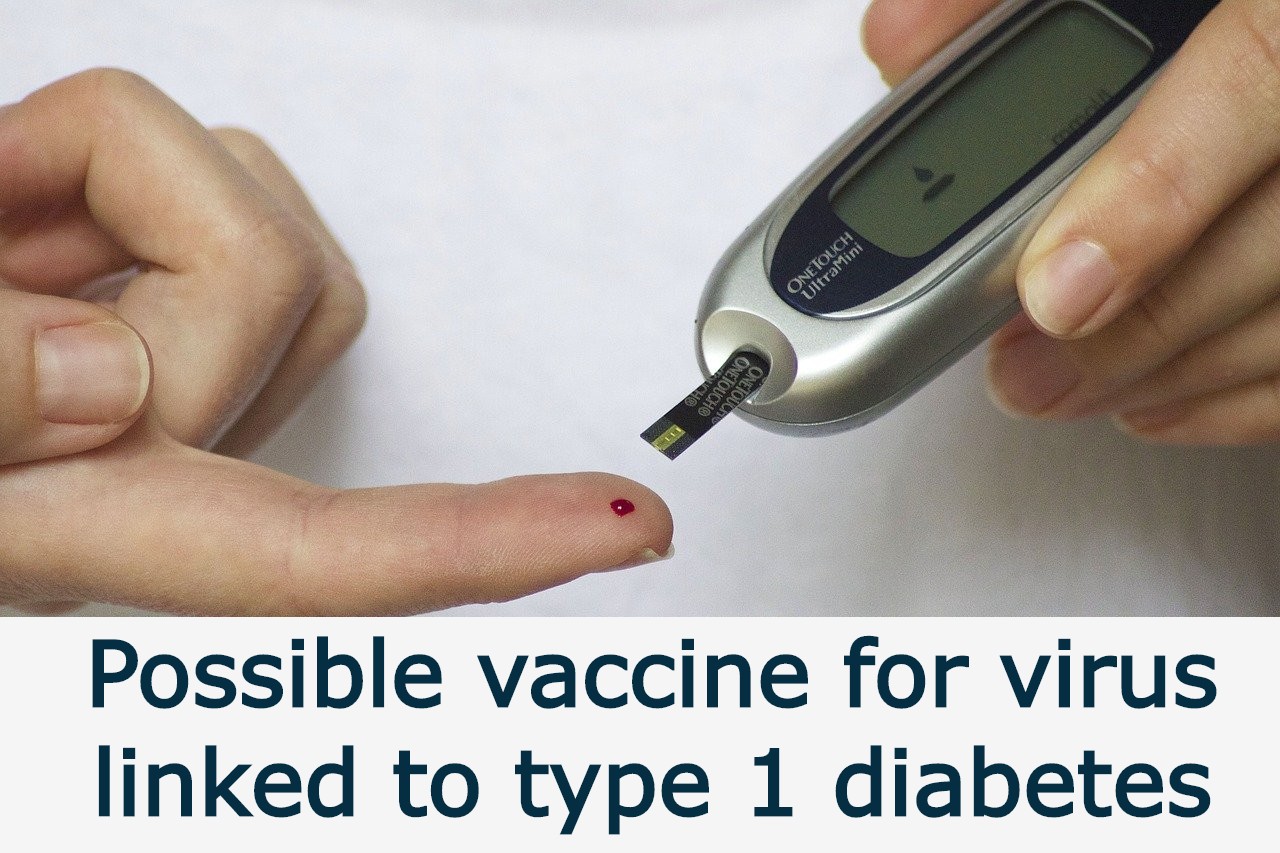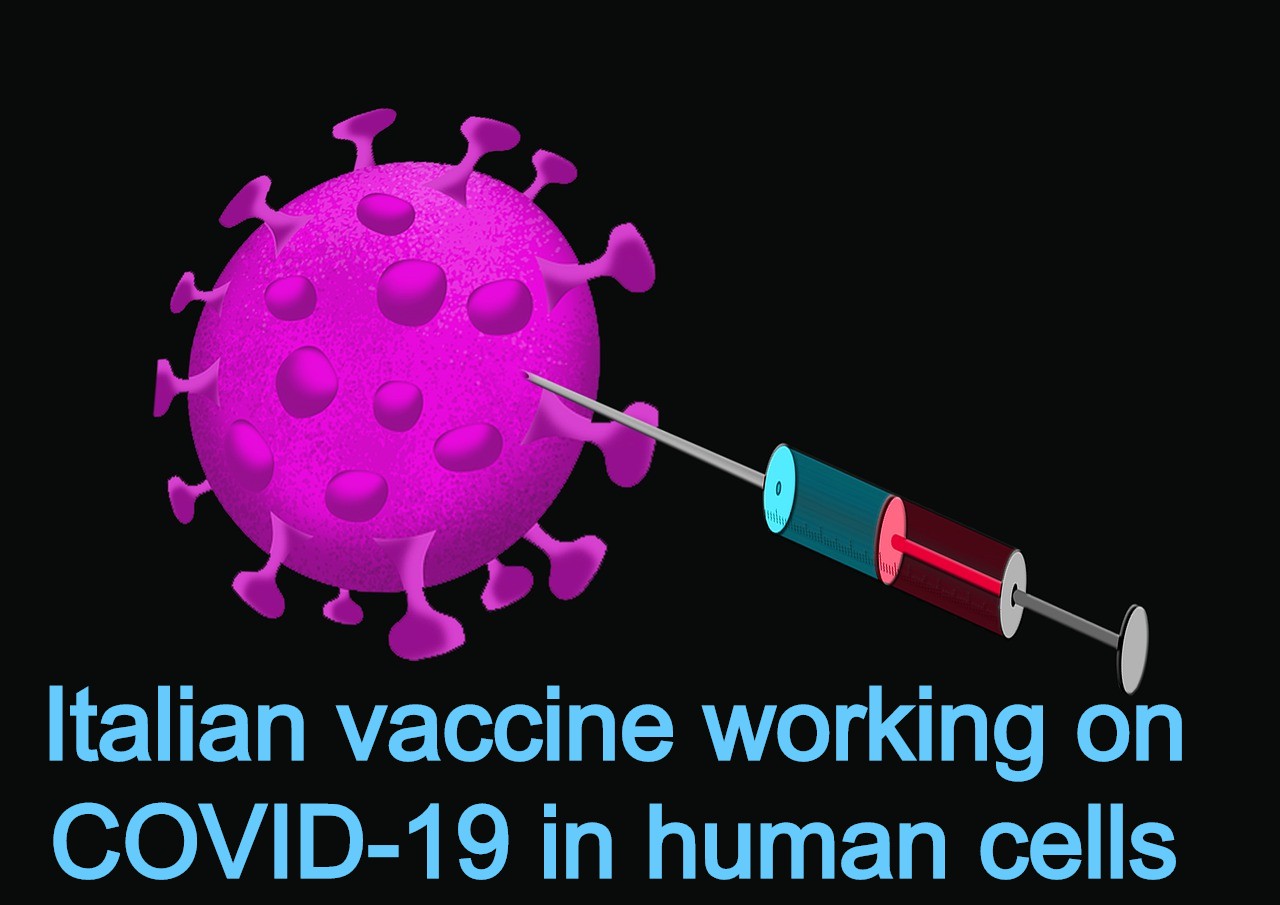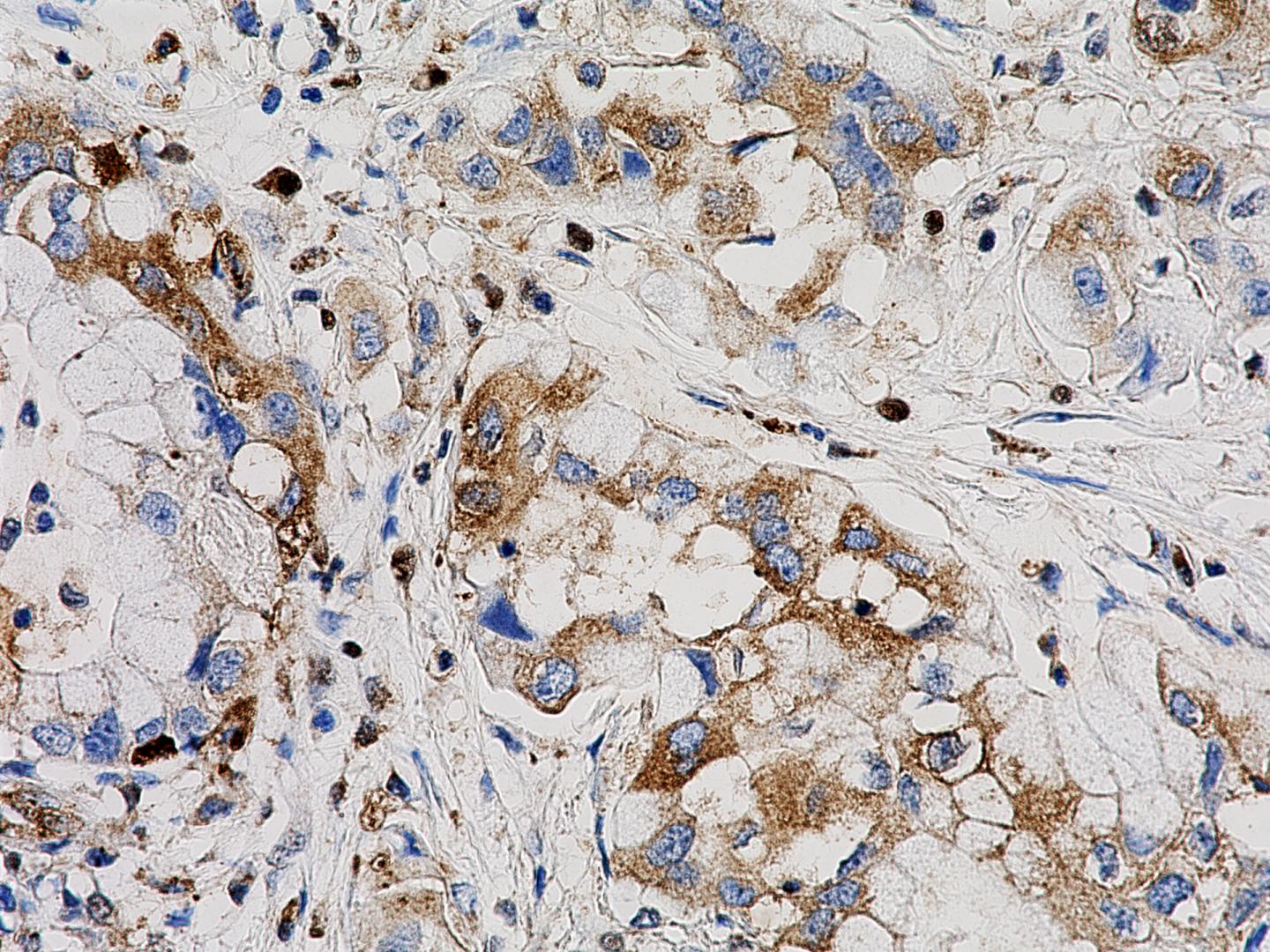
According to many observations, certain virus infections may play a part in the autoimmune attack that leads to type 1 diabetes. Researchers at Karolinska Institutet in Sweden and their Finnish colleagues have now produced a vaccine for these viruses in the hope that it could provide protection against the disease. The study is published today in the scientific journal Science Advances.















